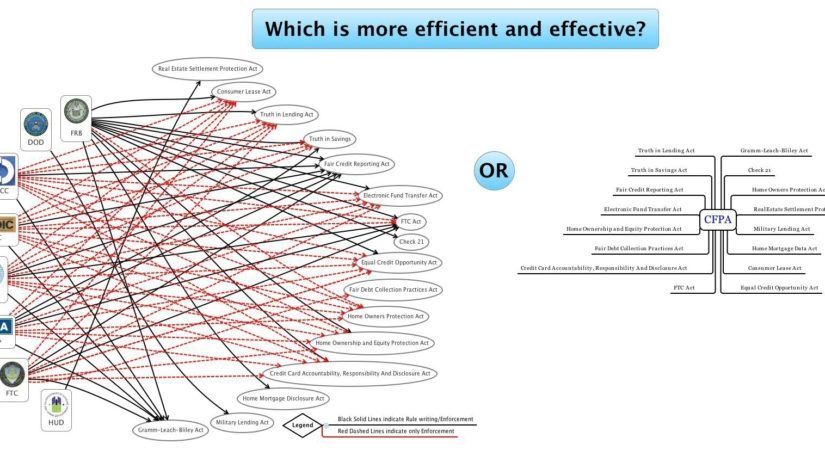Call your Senator: House of Representatives Passes HR 1737 “Reforming CFPB Indirect Auto Financing Guidance Act”
On Wednesday, the U.S. House of Representatives passed H.R. 1737 ("Reforming CFPB Indirect Auto Financing Guidance Act"), designed to repeal the CFPB's March 2013 bulletin covering indirect auto finance. The Bill "declares without force or effect Consumer Financial Protection Bureau (CFPB) Bulletin 2013-02 (Indirect Auto Lending and Compliance with the Equal Credit Opportunity Act), published March 21, 2013" and "amends… Read More

